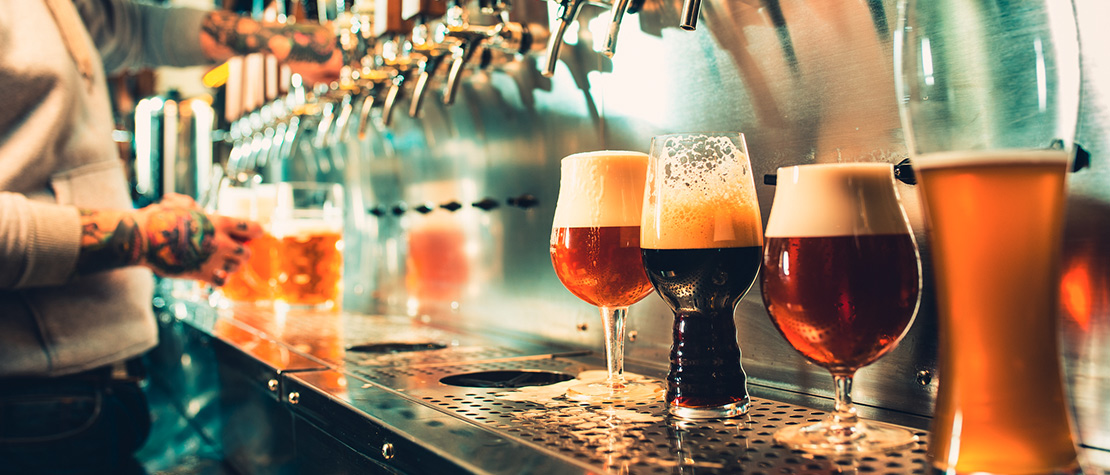October 5, 2017
In 2015 and 2016, AB InBev offered an “incentive program” for distributors. Generally, beer distributors are contractually required to spend a certain amount to advertise AB InBev beers each year. Under its incentive program, AB InBev offered to refund seventy-five percent (75%) of these marketing funds if AB InBev beers made up ninety-eight percent (98%) of the distributor’s sales. The greater the share of non-AB InBev beers in a distributor’s sales, the less money AB InBev would provide to it. Thus, while not a requirement, AB InBev strongly incentivized distributors to push sales of its products.
The Department of Justice opened an investigation to determine whether this incentive program was a violation of antitrust law, and it appears that the practice ended as part of a deal with the Department of Justice to allow AB InBev’s purchase of SABMiller to proceed. The restriction placed on AB InBev’s incentive policies, however, is not as strong as many would like. The restriction provides:
So long as ABI does not “require or encourage an Independent Distributor to provide less than best efforts to the sale, marketing, advertising, retail placement, or promotion of any Third Party Brewer’s Beer or to discontinue the distribution of a Third-Party Brewer’s Beer,” Section V.D of the proposed Final Judgment permits ABI to “condition incentives, programs, or contractual terms based on an Independent Distributor’s volume of sales of Defendant ABI’s Beer, the retail placement of Defendant ABI’s Beer, or on Defendant ABI’s percentage of Beer industry sales in a geographic area (such percentage not to be defined by reference to or derived from information obtained from Independent Distributors concerning their sales of any Third Party Brewer’s Beer).”
While this may limit the ability of AB InBev to incentivize distributors to suppress competitive craft beer brands, what other protections can a craft brewer include for itself in a distribution agreement?
As you may know, terminating a distributor can be difficult, expensive, and/or nearly impossible. One possibility, however, is for craft brewers to include language in their distribution agreements that makes it a material breach for a distributor to accept incentives from another producer that encourages the distributor to limit or reduce its efforts to market and sell the craft brewer’s products or otherwise reduce commitments to the craft brewer.
Competing in the craft beer market is difficult enough without having to worry about cash incentives for distributors to push other brands at the expense of your own. While including a termination provision like that described in this post is not a panacea, it at least gives craft brewers some leverage in their dealings with distributors, and provides a measure of protection against anticompetitive practices from the macro breweries.
